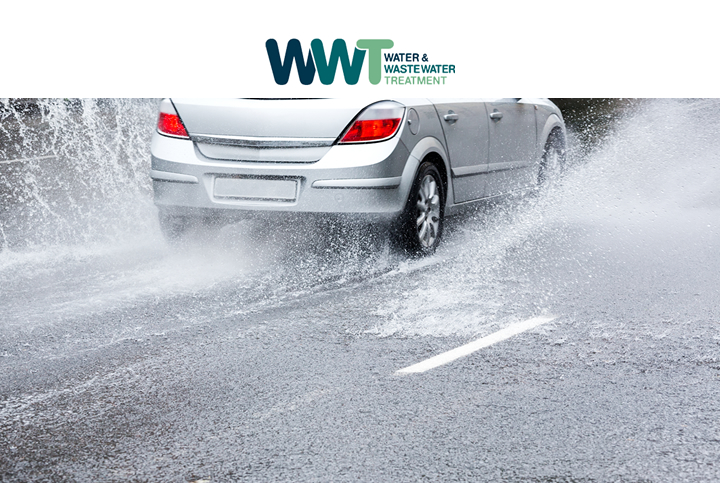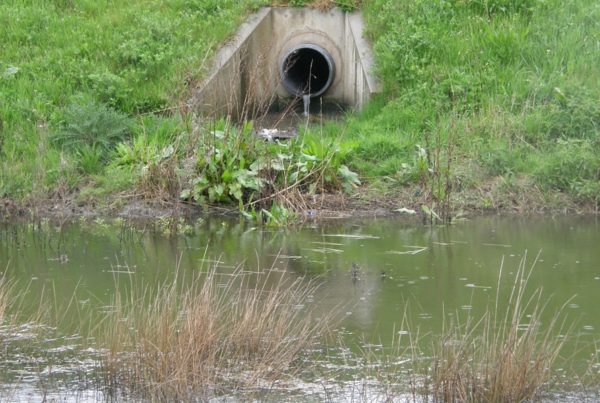
Jo writes that “the contribution of pollution from urban and transport runoff to water quality failures is reported in the Environment Agency (EA)’s “The State of the Environment: Water Quality” update (WWT 22.2.18) which admits that overall 86% of England’s water bodies fail to meet ‘good’ status. Yet the report sidesteps the need for action to prevent pollution from urban and highway runoff.”
She continues: “Pollution from brake and tyre erosion, exhaust fumes and oil spills is known to contain chemicals which are toxic to the aquatic environment and to inhibit reproductive success in aquatic invertebrates. This pollution is, therefore, highly likely to be a major contributor to the water quality issues responsible for 38% of all fish test failures and 61% of all invertebrate failures recorded in the report’s Key Findings.”





